Six MCPS schools under consideration for renaming due to racist namesakes
Photo used with permission from Google Commons
Thomas S. Wootton, the founder of Montgomery County, was a slave owner who’s name is still engraved at the front of the school building.
September 28, 2022
Following petitions from students and community members, the MCPS Board of Education passed a resolution considering renaming six MCPS schools named after slave owners, this school included.
County Council President Nancy Navarro proposed that Col. E. Brooke Lee Middle School be renamed because it is named after a segregationist. This caused MCPS to complete a countywide review on the names of its schools done by a committee of MCPS staff members, Montgomery County historians and student researchers from the University of Maryland, Baltimore County in February of 2019. The review found there are six schools in MCPS named after slave owners, which are now the schools under consideration for a name change.
The four high schools being considered for a name change are Richard Montgomery, Montgomery Blair, Colonel Zadok Magruder and Thomas S. Wootton. Two middle schools are also being considered, Francis Scott Key and John Poole. On Oct. 6, 2020, MCPS approved a resolution regarding renaming schools in which it promised to “determine whether these communities have expressed an interest in renaming the schools,” before taking action.
Thomas Sprigg Wootton was a member of the Maryland first constitutional convention, introducing legislation in the Maryland general assembly to establish Montgomery County. Wootton was one of the biggest slaveholders in Maryland at the time, owning around three dozen slaves.
The murder of George Floyd by a police officer in the summer of 2020 sparked protests across the nation. Conversations on race and the glorifying of slave owners hightened, a movement to erradicate statues of slave owners grew, and eventually school names were brought into the discussion. Students spread petitions throughout Montgomery County, gathering support for a name change. “We are named after a slave owner, so I think we should defintley change the name – it is not debatable,” sophomore Brianna Zani said.
The movement to rename schools comes from the concern of honoring slave owners. Activists questioned whether these important figures in history deserved to be seen as heroes. “I hope we change our school name because I don’t think it’s right that our school is praising someone who was a slave owner,” junior Sivan Gil said.
Those in opposition of the renaming argue that a school’s name is a tradition that has been part of the community for decades. Junior Lindsey McNey has family ties to the school, as her mother attended and graduated from here. “I think we’ve had the name for a long time and the tradition should be continued on,” McNey said.
On June 7, 2022, the Montgomery County Board of Education adopted amendments to Policy FFA, Naming School Facilities, which updated the criteria on how MCPS schools and facilities are named and re-evaluated. This policy requires that if a school is named after an individual, it must be a deceased person who “made a demonstrated contribution to the community, county, state, or nation, and/or exemplifies the core values of the Board.” This criteria was previously preferred but not mandatory.
The six schools under consideration for a name change will have community meetings to allow the community to know and understand the new policy. The community meetings will also serve as a way for community members to voice their opinions. This school’s meeting date has not yet been finalized but will most likely be in October; all students, staff and community members are welcome to attend.
With the differing opinions it is important that those who feel strongly share what their school name means to them through these meetings. Principal Douglas Nelson recognizes that a school’s name “represents tradition and is important to many people, not just students that are here now but generations of students who have attended and graduated under the name,” but he believes a ”a school isn’t a name, it’s really what it means to the people here.”


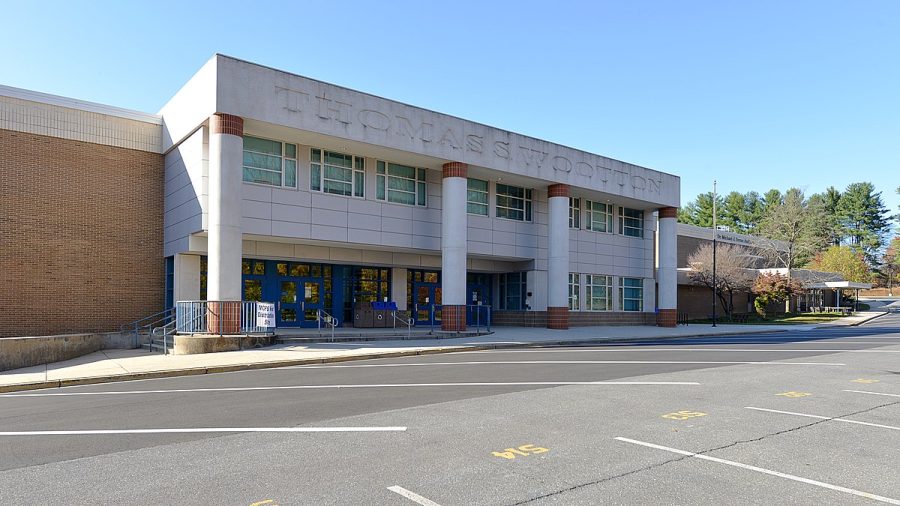



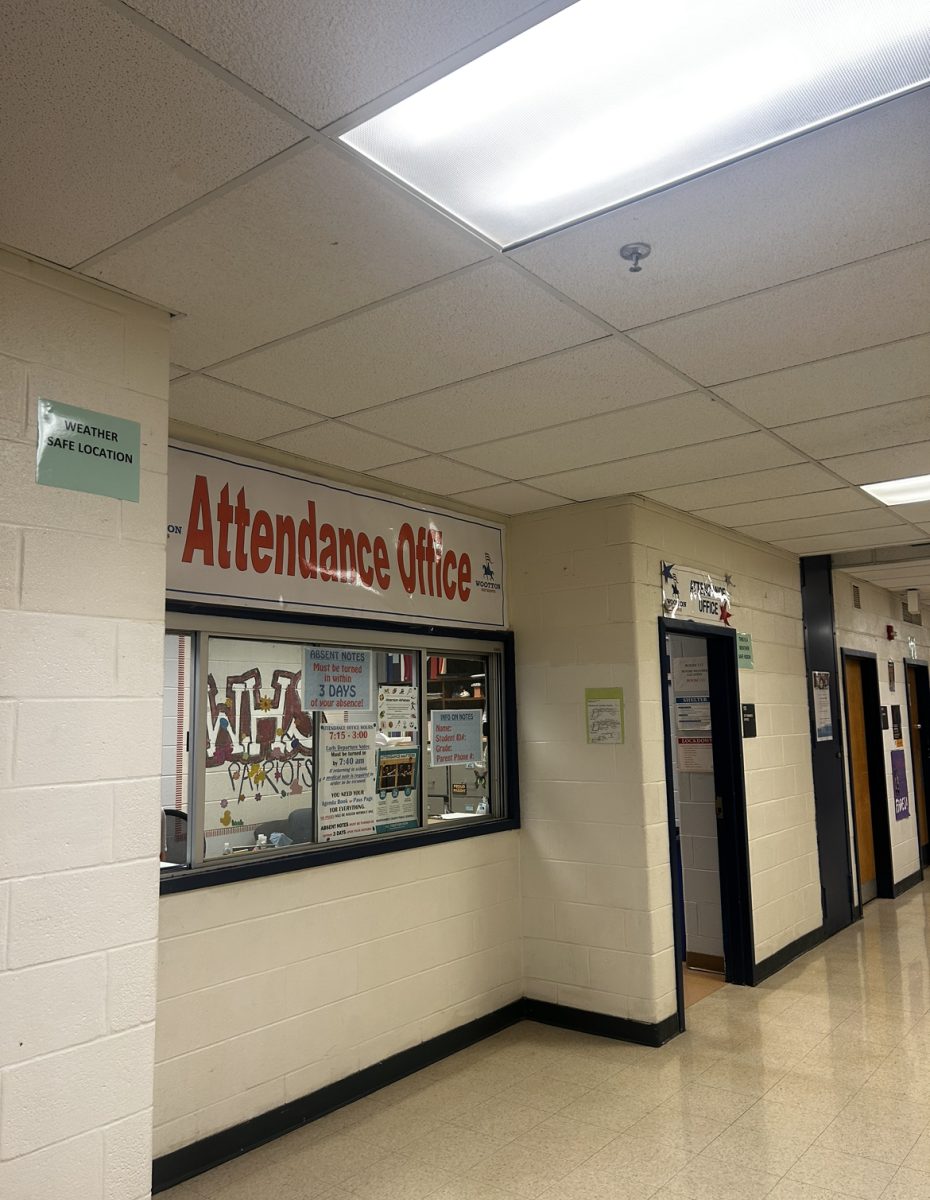








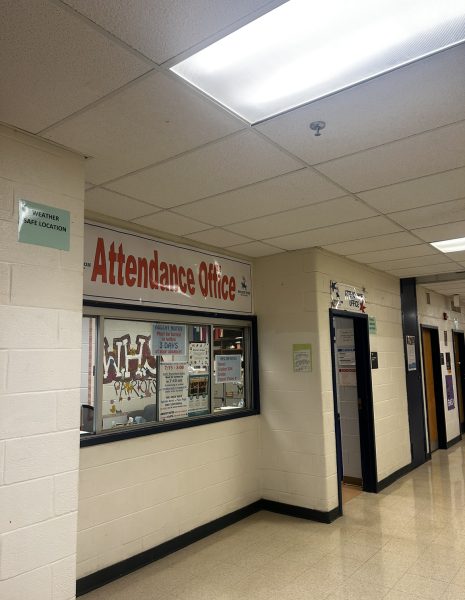

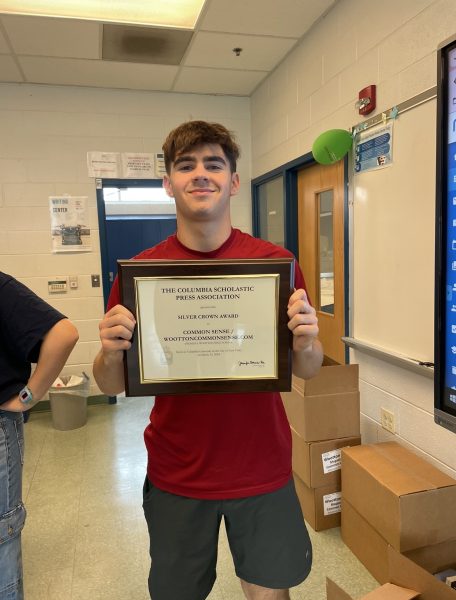

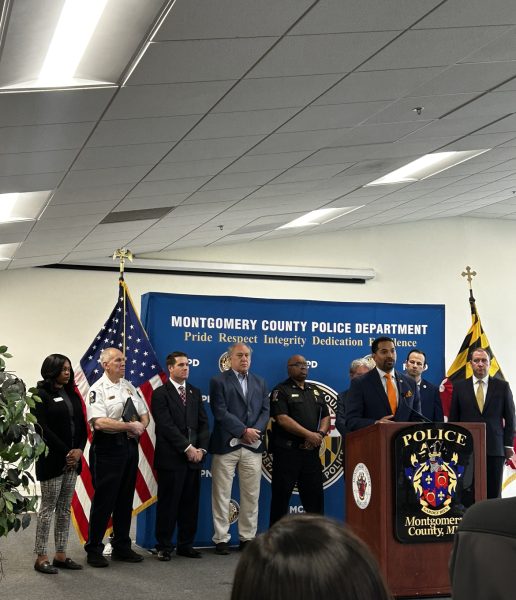
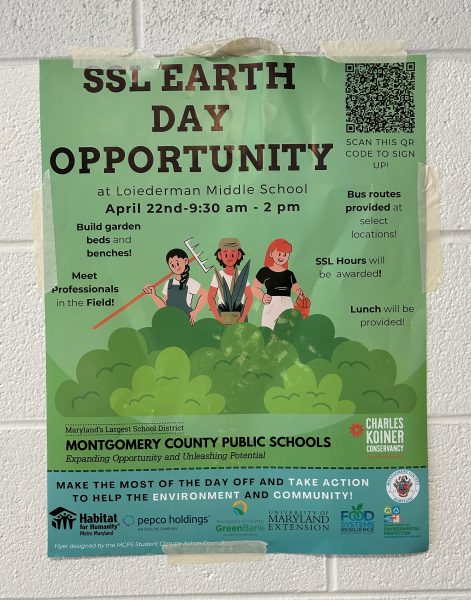
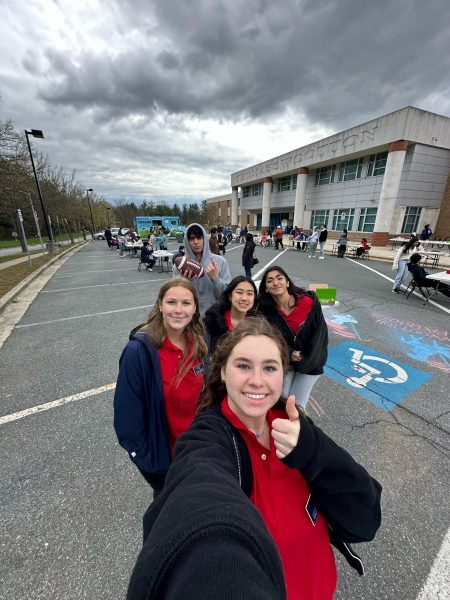

Cathy Klein (class of 1973) • Sep 7, 2023 at 7:53 am
Is there an update and/or outcome on the process of considering a name change? Thank you